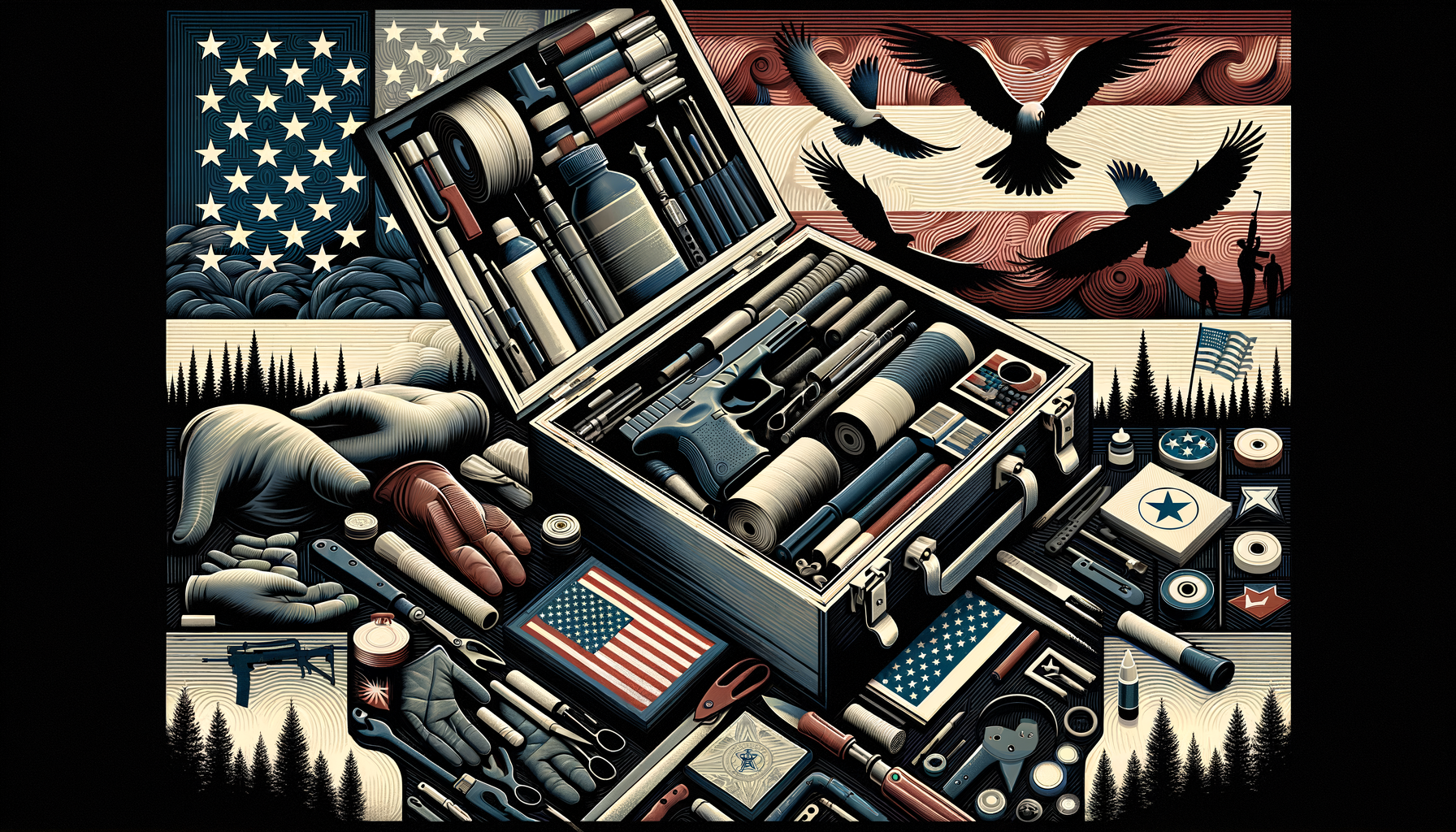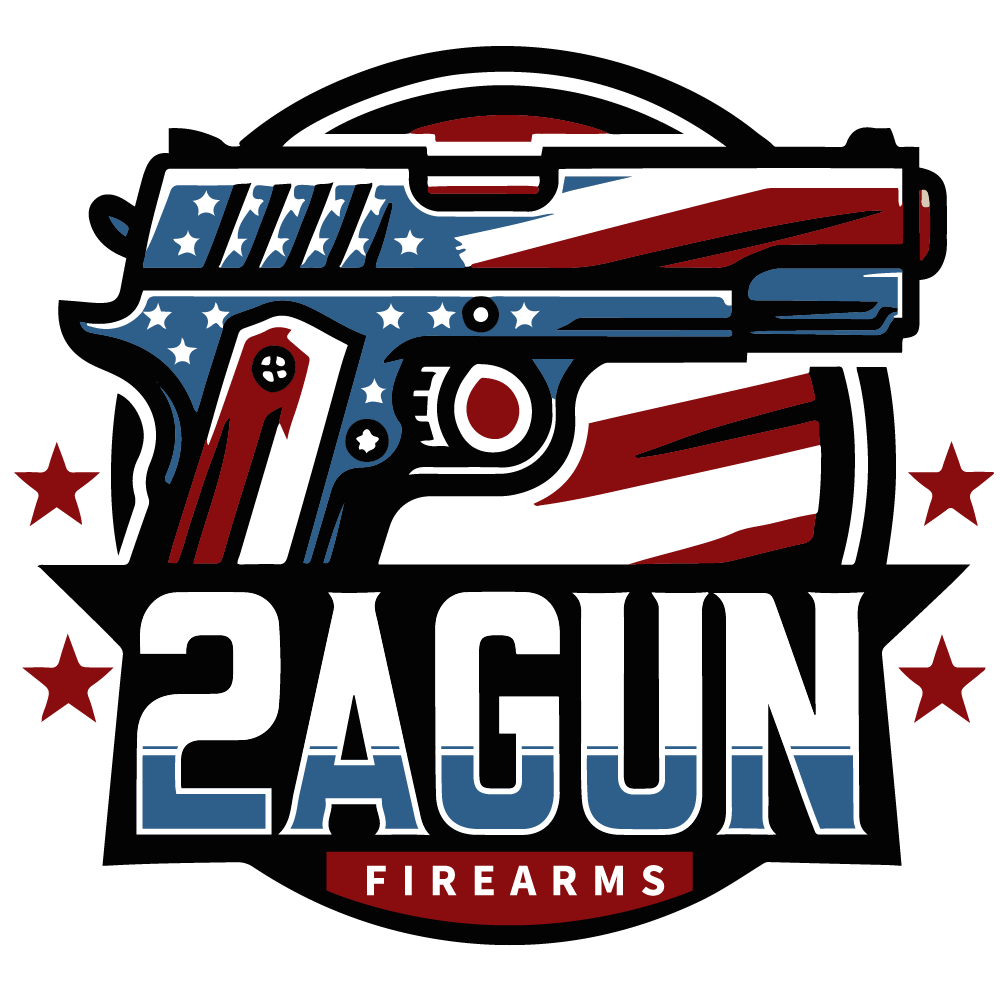Does the 2nd Amendment Protect Felons?

The 2nd Amendment to the U.S. Constitution is a cornerstone of the rights afforded to American citizens. However, a common question arises when discussing its scope: does the 2nd Amendment protect felons? This article dives into the constitutional, legal, and practical aspects of this issue, providing insights for firearm enthusiasts interested in understanding the broader implications.
What Does the 2nd Amendment Say?
The 2nd Amendment states, “A well regulated Militia, being necessary to the security of a free State, the right of the people to keep and bear Arms, shall not be infringed.” This text underscores the right to bear arms, but it does not explicitly define who “the people” are in this context. Interpreting this language has been a focal point of countless legal debates and Supreme Court decisions over the years.
Federal Law and Felons
Federal law, specifically 18 U.S.C. § 922(g), prohibits felons from owning, possessing, or purchasing firearms. This regulation applies broadly to all individuals convicted of a felony, regardless of the nature of the crime. Even non-violent offenders, such as those convicted of white-collar crimes, face the same restrictions under this statute.
The primary justification for this law is public safety. Legislators argue that individuals who have committed serious crimes have demonstrated behaviors that potentially threaten the well-being of others, making firearm possession a risk.
Does the 2nd Amendment Conflict with Firearm Restrictions on Felons?
At first glance, some might argue that banning felons from owning firearms runs counter to the 2nd Amendment. After all, the Constitutional text does not carve out exceptions. However, multiple court decisions have upheld these restrictions, reasoning that reasonable limitations are permissible when ensuring public safety.
- District of Columbia v. Heller (2008): This landmark case affirmed that individuals have a personal right to bear arms for lawful purposes such as self-defense. However, the Supreme Court clarified that this right is not unlimited and acknowledged the legitimacy of restricting firearm access for felons.
- McDonald v. City of Chicago (2010): This decision extended 2nd Amendment protections to state and local governments but maintained that certain restrictions, including on felons, could coexist with constitutional rights.
State-Level Variations
While federal law prohibits felons from firearm possession, states can impose additional laws or rules. Some states may have stricter criteria or processes for firearm restoration rights, while others may align closely with federal guidelines.
In many cases, felons can petition to have their firearm rights restored under certain conditions. For example, expungement of a felony record or receiving a pardon at the state level might reinstate the right to bear arms. It’s crucial for interested individuals to consult local authorities or legal professionals to understand their specific state’s rules.
How Do Felons Restore Gun Rights?
Restoring gun rights for felons is a complex and often lengthy process. However, it is possible under specific circumstances:
- Expungement: Some states allow certain felonies to be erased from criminal records. If the felony is expunged, it may no longer trigger firearm restrictions.
- Governor’s Pardon: A state governor may issue a pardon, effectively reinstating certain rights, including the right to own firearms.
- Federal Relief: Although rare, federal relief through a presidential pardon or special circumstances can restore 2nd Amendment rights.
It’s important to note that these remedies are not guaranteed and vary based on the crime and jurisdiction. Anyone seeking restoration of firearm rights should consult a knowledgeable attorney to navigate the legal system effectively.
High-Profile Court Cases to Watch
Ongoing legal challenges and cases continue to shape this debate. For example, some courts are addressing whether blanket restrictions on all felons, including non-violent offenders, unfairly encroach on constitutional rights. These cases may further clarify the balance between public safety and individual liberties under the 2nd Amendment.
As gun ownership laws evolve, firearm enthusiasts and advocates should stay informed about these developments. Bookmarking resources like 2AGun.com is an excellent way to keep up with updates in this area.
What This Means for Gun Owners
Understanding the intersection of the 2nd Amendment and felon restrictions is critical for all gun owners. Here are a few key takeaways:
- The 2nd Amendment provides a broad right to bear arms but does not extend to felons under current federal law.
- Court decisions like Heller support the legitimacy of reasonable restrictions to protect public safety.
- Opportunities for firearm rights restoration exist but depend heavily on state laws and case-specific factors.
Closing Thoughts
The 2nd Amendment is one of the most debated and cherished parts of the U.S. Constitution, serving as a pillar for those who value personal security and liberty. However, the restrictions placed on felons underscore the balance lawmakers seek to maintain between individual freedoms and societal safety. While felons face considerable legal hurdles in restoring firearm rights, there are pathways available depending on jurisdiction and circumstance.
For firearm enthusiasts eager to stay informed, understanding these laws is essential for promoting responsible gun ownership. Explore more insightful content on 2AGun.com to deepen your knowledge about the rights and responsibilities that come with the 2nd Amendment.



